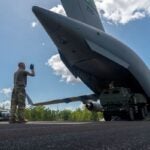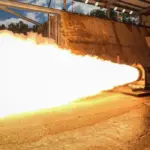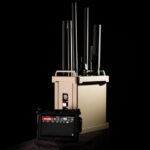A number of U.S. air carriers are dealing with numerous flight cancellations caused by unscheduled jetliner inspections spawned by maintenance record checks ordered by the Federal Aviation Administration in the wake of Southwest Airlines' failure to inspect some of its older Boeing 737s. And the maintenance dragnet comes in advance of a congressional hearing at which disgruntled FAA inspectors will testify that senior FAA officials have failed in regulating airline compliance with airworthiness directives. The FAA issued a directive ordering…
Contract Updates
Intertrade Limited (Cedar Rapids, Iowa) – $9,272,637
Intertrade Limited, Cedar Rapids, Iowa, has been awarded a maximum $9,272,637 firm-fixed-price contract for F-16 generator controls. This was a sole-source acquisition using justification 10 U.S. Code 3204 (a)(1), as stated in Federal Acquisition Regulation 6.302-1. This is a four-year…
Cottonwood Inc. (Lawrence, Kansas) – $44,370,000
Cottonwood Inc.,** Lawrence, Kansas, has been awarded a maximum $44,370,000 firm-fixed-price, indefinite-quantity contract for aircraft cargo tie down straps. This was a sole-source acquisition using justification 10 U.S. Code 3204 (a)(5), as stated in Federal Acquisition Regulation 8.7. This is…
Teva Pharmaceuticals USA Inc. (Parsippany, New Jersey) – $46,087,497
Teva Pharmaceuticals USA Inc., Parsippany, New Jersey, has been awarded a maximum $46,087,497 modification (P00009) exercising the third one-year option period of a five-year base contract (SPE2DP-20-D-0002) with five one-year option periods for adenovirus type 4 and type 7 vaccines.…
Northrop Grumman Systems Corp. (Oklahoma City, Oklahoma) – $64,111,631
Northrop Grumman Systems Corp., Oklahoma City, Oklahoma, has been awarded an estimated $64,111,631 delivery order (SPRTA1-26-F-0034) and modification (P00015) to a four-year subsumable base contract (SPRTA1-19-D-0001) with one five-year option period for additional pricing for the manufacture and production of…













